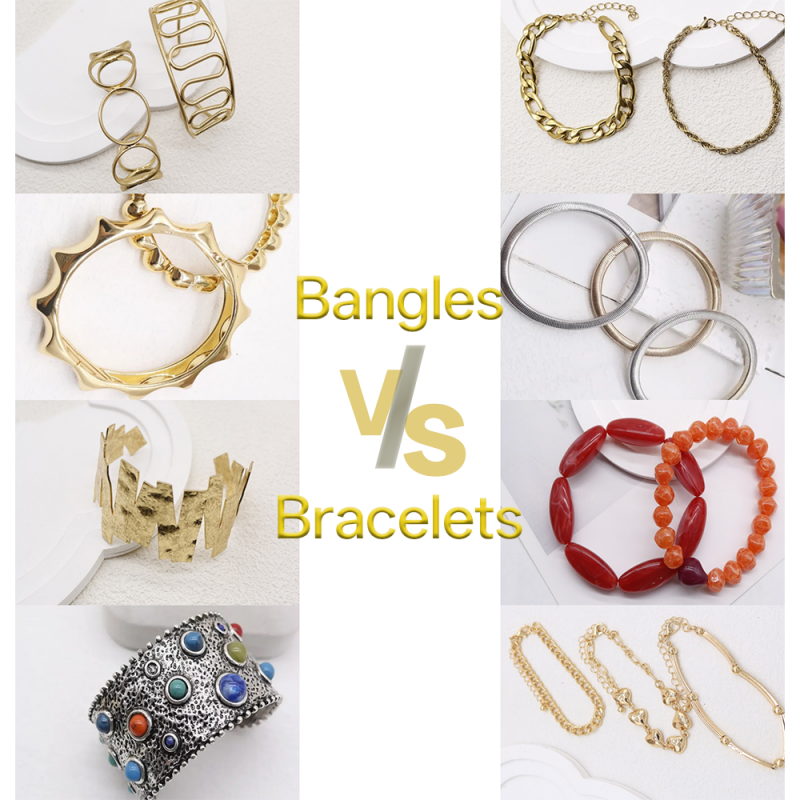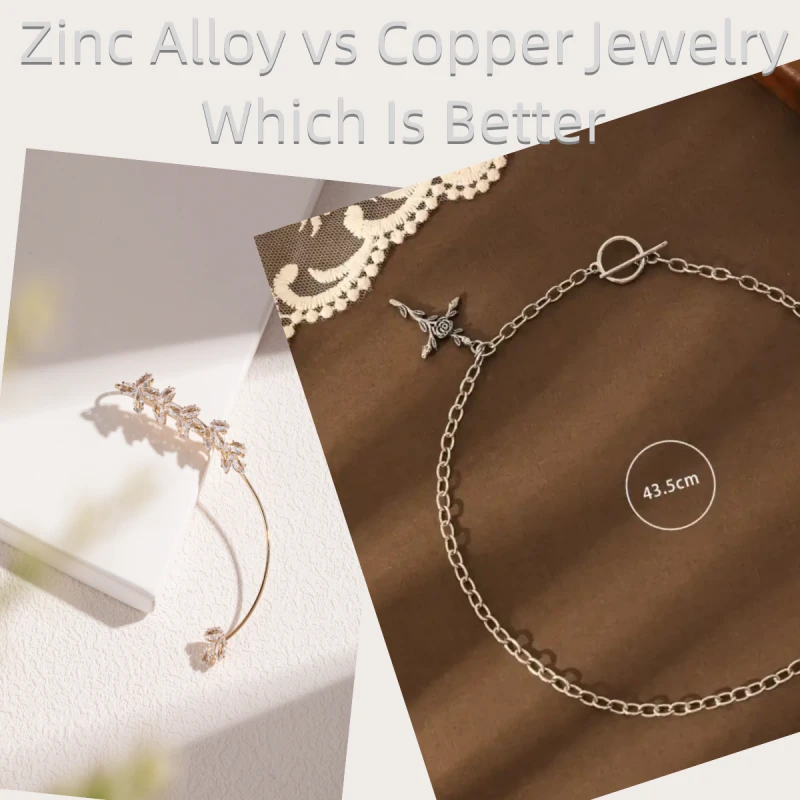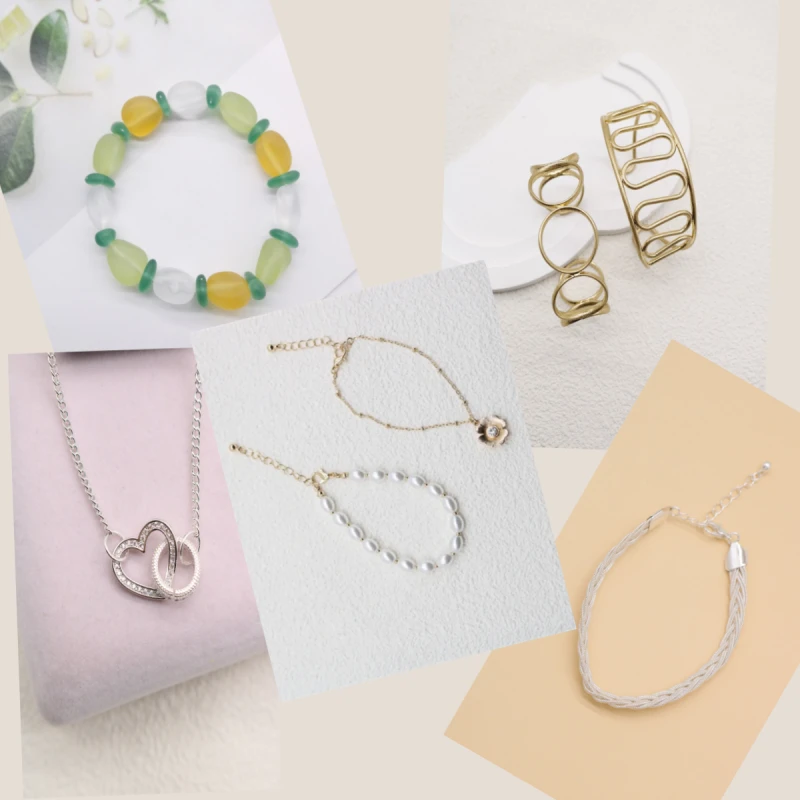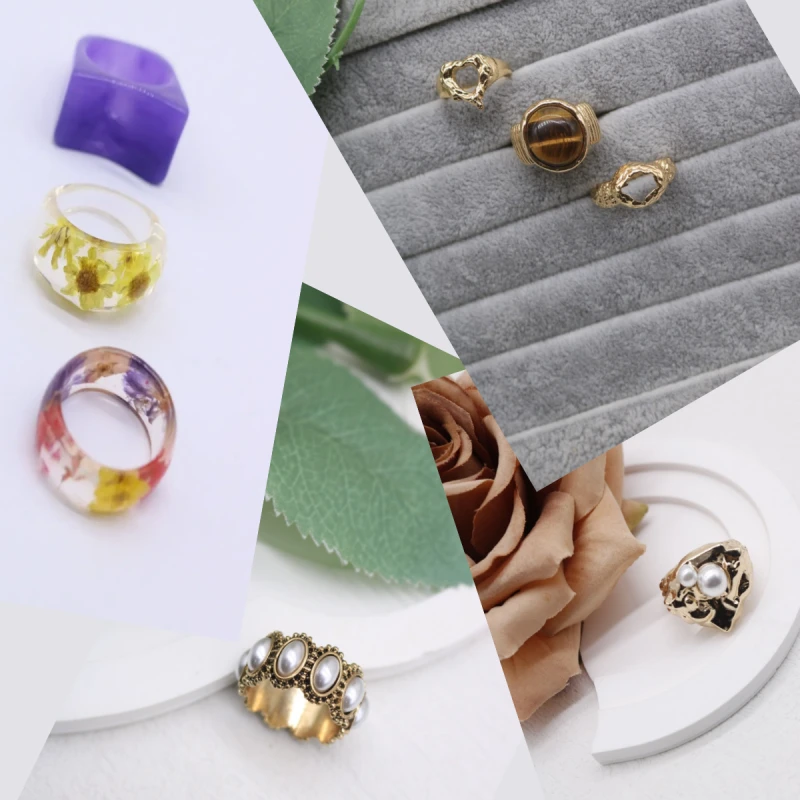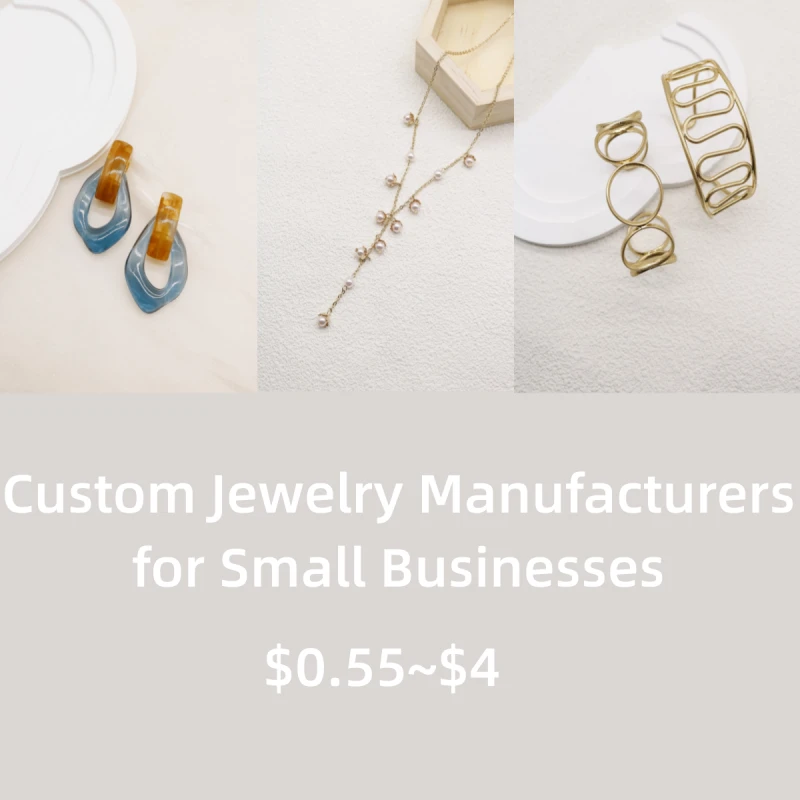Jewelry has always been a timeless way to express culture, fashion, and individuality. Among the most beloved wrist adornments are bangles and bracelets. Though the two are often used interchangeably, there are distinct differences in design, cultural value, materials, and usage. Understanding the difference between bangles and bracelets can help consumers, retailers, and designers make informed decisions when curating or purchasing jewelry collections.
This article explores their differences with research-backed insights, market data, and practical comparisons, while also highlighting how Qingdao OKA Arts and Crafts Co., Ltd. (OKA Accessories)—a global leader in custom jewelry manufacturing—supports retailers in offering standout pieces.
Defining Bangles and Bracelets
To begin with, let’s look at the basic definitions:
Bangles are rigid, circular bands worn around the wrist. They are usually made of metal, wood, glass, or plastic. Traditionally popular in South Asian cultures, bangles often symbolize marital status, wealth, and spirituality.
Bracelets, on the other hand, are flexible wrist ornaments. They can be crafted with chains, links, leather, beads, or fabric, and are popular in Western fashion as versatile accessories.
The table below summarizes the differences:
| Feature | Bangles | Bracelets |
|---|---|---|
| Structure | Rigid, circular | Flexible, adjustable |
| Material | Metal, glass, wood, plastic | Metal chains, leather, fabric, beads |
| Cultural meaning | Strongly tied to traditions (esp. India, Middle East) | More fashion-oriented in modern markets |
| Wearing style | Often stacked in multiples | Typically worn singly or in layers |
| Popular regions | Asia, Middle East, Africa | Europe, North America, Global |
Historical and Cultural Significance
The difference between bangles and bracelets is also tied to their cultural roots.
Bangles date back to 2600 BCE, found in Indus Valley excavations. In Indian tradition, married women often wear glass or gold bangles as symbols of prosperity. In African cultures, bronze or ivory bangles were signs of wealth.
Bracelets, however, have origins in Ancient Egypt and Greece, where they were crafted from gold and adorned with gemstones. They evolved as decorative accessories for both men and women.
Today, both jewelry types hold dual significance—cultural heritage and fashion trends.
Materials and Design Differences
Materials often define the durability, cost, and appeal of bangles and bracelets.
Market Data on Material Usage (2023, Global Jewelry Market)
| Material Type | Bangles Market Share (%) | Bracelets Market Share (%) |
|---|---|---|
| Gold & Silver | 40% | 35% |
| Glass/Plastic | 25% | 10% |
| Wood/Bone | 5% | 3% |
| Leather | 2% | 15% |
| Stainless Steel | 15% | 20% |
| Other (beads, fabric, etc.) | 13% | 17% |
Insights:
Bangles are more prevalent in metal and glass, making them rigid and formal.
Bracelets dominate in leather and beadwork, appealing to modern and casual wear.
At OKA Accessories, the design teams in Qingdao and London combine CAD technology with manual artistry to deliver bracelets and bangles in diverse materials, ensuring they meet European and American standards with a 98% pass rate in lab tests.
Fashion Trends and Consumer Preferences
According to a 2023 Statista survey, the global bracelet market was valued at USD 21.3 billion, while the bangle market was estimated at USD 13.6 billion.
Consumer Preference Survey (2023)
| Age Group | Prefer Bangles (%) | Prefer Bracelets (%) | Both (%) |
|---|---|---|---|
| 18–25 | 25% | 55% | 20% |
| 26–40 | 30% | 50% | 20% |
| 41–60 | 40% | 40% | 20% |
| 60+ | 45% | 30% | 25% |
Interpretation:
Younger consumers lean toward bracelets for their flexibility and trendy styles.
Older generations favor bangles due to cultural connections and perceived durability.
This distinction is crucial for retailers targeting specific demographics.
Practical Differences in Wearing and Styling
The difference between bangles and bracelets becomes most apparent when styling.
Bangles: Typically stacked in multiples, making them suitable for formal, traditional, or festive occasions. They often create a jingling sound and add vibrancy to outfits.
Bracelets: Usually worn singly or in layered combinations. They are versatile enough for both casual and formal wear.
Styling Comparison Table
| Occasion | Recommended Choice | Why? |
|---|---|---|
| Wedding/Traditional event | Bangles | Symbolic, elegant, statement accessory |
| Office/Business | Bracelet | Subtle, modern, easy to pair |
| Casual outing | Bracelet | Flexible, trendy, mix-and-match |
| Festivals | Bangles | Culturally rich, colorful stacking |
Cost and Value Considerations
Pricing depends on material and craftsmanship. Research from Allied Market Research (2023) shows:
| Jewelry Type | Average Low-End Price (USD) | Average High-End Price (USD) |
|---|---|---|
| Bangles | $20 – $300 | $500 – $15,000+ (gold/diamond) |
| Bracelets | $15 – $250 | $400 – $12,000+ (gemstones/brands) |
Note: Bangles, especially gold ones, often retain higher resale and heritage value, while bracelets lean toward fashion affordability.
At OKA Accessories, production capacity of 5–7 million pieces annually allows for both affordable fast-fashion items and premium custom jewelry, giving retailers flexibility across price segments.
Manufacturing and Customization Opportunities
From a business perspective, knowing the difference between bangles and bracelets influences manufacturing choices:
Bangles: Require casting and mold workshops for precision and durability.
Bracelets: Need chain-link, beading, or leatherwork expertise.
Qingdao OKA Arts and Crafts Co., Ltd. (OKA Accessories) stands out by offering:
In-house mold workshop (5 technicians) and casting facilities for bangles.
Customization services for bracelets, from concept sketches to CAD renderings, ensuring alignment with brand identity.
Global retail partnerships with Pull&Bear, Tally Weijl, and Urban Outfitters, showcasing credibility in mass-market and trend-sensitive designs.
Choosing Between Bangles and Bracelets: A Buying Guide
When deciding whether to stock or purchase bangles vs bracelets, consider the following:
Target Market – Younger demographics favor bracelets; older or traditional markets prefer bangles.
Occasion – Bangles for festive/formal, bracelets for casual/modern.
Material Preferences – Bracelets allow more variety (leather, beads), while bangles dominate in metals.
Price Range – Bangles for investment value, bracelets for accessible fashion.
The Role of OKA Accessories in the Jewelry Market
With over 15 years of industry experience, OKA Accessories supports retailers worldwide by bridging cultural trends and fashion-forward design. Key strengths include:
London Design Office – Trend-driven collections for European and U.S. markets.
Qingdao Production Hub – Real-time material sourcing and rapid production.
High Standards – 100% inspection and 97% on-time delivery rate.
Customization – Whether bangles or bracelets, OKA crafts unique designs that reflect a brand’s vision.
For retailers seeking to build collections that resonate with both heritage lovers and fashion-forward consumers, OKA Accessories provides unmatched expertise and production capacity.
Conclusion
While bangles and bracelets may seem similar at first glance, their differences in structure, culture, materials, and fashion relevance make each uniquely appealing. Bangles embody tradition, symbolism, and heritage value, while bracelets deliver flexibility, modern style, and trend adaptability.
For retailers and designers, understanding the difference between bangles and bracelets is not just a matter of semantics but a strategic decision to meet diverse consumer demands.
With Qingdao OKA Arts and Crafts Co., Ltd. (OKA Accessories) as a trusted manufacturing partner, brands can confidently offer both bangles and bracelets that meet global fashion standards, blending tradition with modernity. Welcome to contact OKA Accessories.
